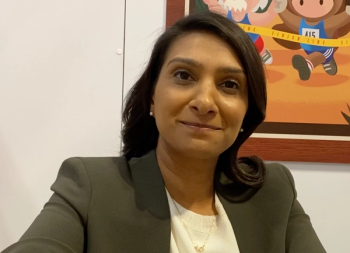
Even with longstanding problems, there’s more momentum to close gaps in outcomes. She talks with Chief Healthcare Executive about linking equity to business goals, getting started, and building on progress.

Even with longstanding problems, there’s more momentum to close gaps in outcomes. She talks with Chief Healthcare Executive about linking equity to business goals, getting started, and building on progress.
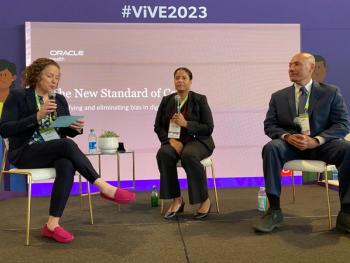
Leaders from Nuvance Health talk about the ways technology can close disparities, provided racism doesn’t pervade new tools in healthcare.

While tech companies are focused on devising solutions for patients, healthcare leaders say it’s time to give more thought to the doctors and nurses using the products.

For healthcare leaders, making a deep impact on supply chain costs will demand more than choices around what to cut. It will necessitate an agile response in an inflationary environment.

Health leaders say they’re open to work with companies on digital health initiatives. But with a difficult financial landscape, they can’t wait long to get a return on their investment.

The four-day event drew thousands of healthcare leaders to Nashville. Here are some thoughts from conversations and panels in Music City.
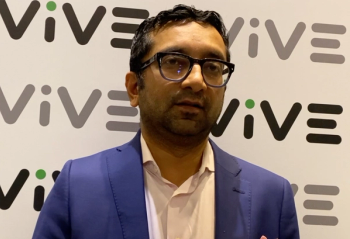
Hospital leaders must ensure it’s a goal throughout the entire organization, and there must be accountability, he tells Chief Healthcare Executive.

Two executives from the tech giant talk about how the threat landscape for hospitals has changed in the COVID-19 pandemic. They also touted Microsoft’s new AI-powered security product.

The retailer’s health division is partnering with Atrium on a new effort to deliver care at home, and they aim to illuminate ‘the dark side of the moon.’

Even with disappointing financial returns, health systems are seeing a bit more stability, and can plan accordingly, Kaufman Hall says in its latest monthly report.

Speaking at ViVE, he says the large, for-profit system is focused on improving the quality of care. He expects more growth in outpatient care, but he also sees a growing demand for hospitals.
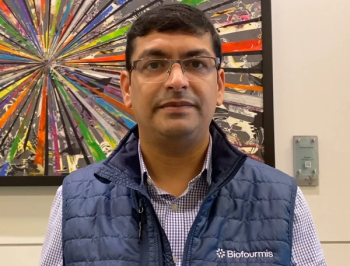
The company's chief medical officer and co-founder shares insights for systems looking to offer acute care at home.

Cheryl Cruver, the company’s chief revenue officer, says equity is an imperative for more and more health systems.

The organizers mourned those who lost their lives and held a moment of silence for the victims.
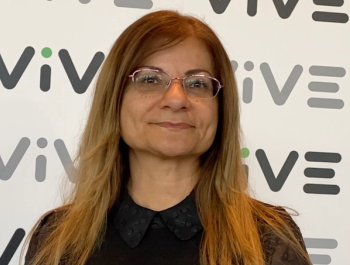
Cybersecurity is a big topic at the conference, and in the healthcare industry. In an interview with Chief Healthcare Executive, Rafee says providers have a lot of work to do.

This week, thousands will be attending the digital health conference in Music City. Here’s a look at the big event.
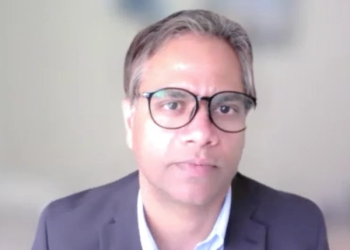
The Pennsylvania system began offering acute care services at home more than two years ago. Vipul Bhatia of WellSpan talks about the factors in the program’s success.

To gauge how the pandemic has changed healthcare, Chief Healthcare Executive gathered insights from a hospital president, a nursing leader, and an infectious disease physician.
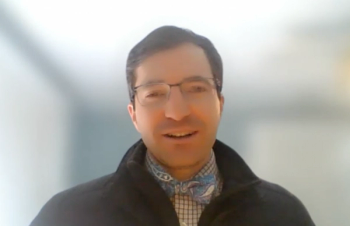
One of the nation's leading experts on home hospital programs talks about how they can help close health disparities.
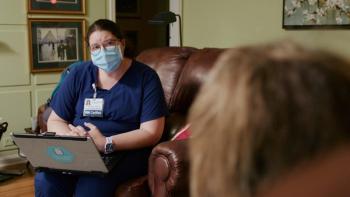
The system based in Kansas City has seen low readmission and high patient satisfaction. Michael Nassif of Saint Luke’s talks about the program.
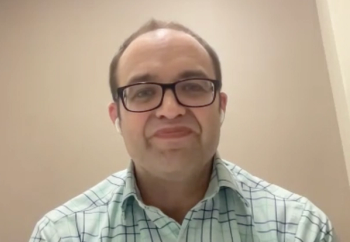
As more health systems are offering acute care at home, doctors say they are seeing good results and high patient satisfaction.

The directors of home hospital programs say they offer new opportunities to improve patient care for all populations.
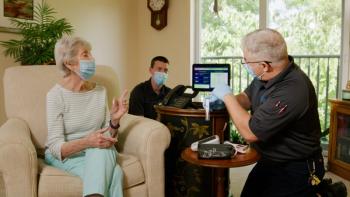
In the COVID-19 pandemic, the number of hospitals offering acute care at home has surged. Chief Healthcare Executive spoke with doctors and leaders around the country about their experiences.
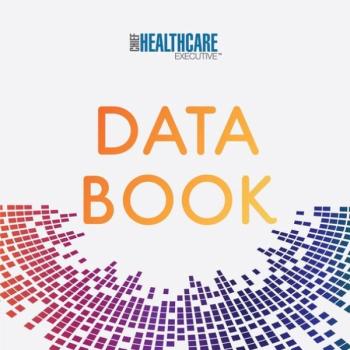
In our latest episode, Ryne Natzke of Sphere talks about how providers need to take different approaches to ensure they are getting paid without leaving patients with heavy debt.

Practices and patients can reap the benefits of in-office infusion. But it must be carefully managed, as infusion comes with substantial financial risk.